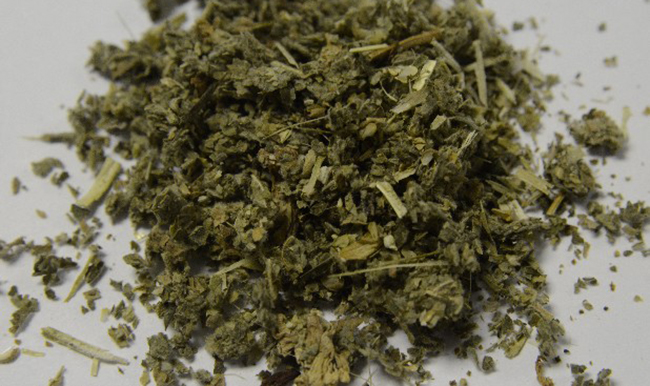 Week #27
Week #27
Our strict specimen collection process helps to ensure that the donor does not attempt to adulterate their specimen. I remember when I took my pre-employment screening and I noticed all the steps the collection site took in order to deter me from tampering with my specimen. With these meticulous processes in place, drug users had to find other ways to pass their drug screens.
Synthetic cannabinoids, commonly known as “synthetic marijuana,” “K2,” or “Spice,” are often sold in retail outlets as “herbal incense” or “potpourri” to mask their intended purpose and avoid U.S. Food and Drug Administration (FDA) regulatory oversight of the manufacturing process. These drugs are man-made chemicals that are applied to plant material and marketed as “legal” highs. Users claim that the effects of synthetic cannabinoids mimic Δ9‐tetrahydrocannabinol (THC), the primary psychoactive ingredient in marijuana.
The use of synthetic cannabinoids is alarmingly high, especially among young people. According to the National Institute on Drug Abuse, one in nine 12th graders in America reported using synthetic cannabinoids in the past year. This rate, unchanged from 2011, makes synthetic cannabinoids the second most frequently used illegal drug among high school seniors after marijuana. The ease of access and the misconception that synthetic cannabinoids are natural and therefore harmless have likely contributed to their popularity. However, the main selling point is that the chemicals used in synthetic cannabinoids change often and are not easily detectable in standard drug tests.
In our ongoing quest to help keep workplaces drug-free, we now offer a synthetic cannabinoids panel to test for commonly detected compounds. With this new panel, drug users will have a more difficult time using any illicit drug, synthetic or not, without it showing up on a drug test. Learn more about synthetic drugs and find out if this test panel is a fit for your organization.
For more information about drug testing, visit our website.
As a new employee at Quest Diagnostics, there’s hardly a day that goes by that I don’t learn something new about the world of drug testing. Like some of you, I have a lot to learn about the industry. During my first year of employment, I’m going to write this weekly column highlighting drug testing procedures, products and processes as I discover them. To learn more about my journey, you can read my introductory post.
 Your Privacy Choices
|
Privacy Notices
|
Terms
|
Language Assistance / Non-Discrimination Notice | Asistencia de Idiomas / Aviso de no Discriminación | 語言協助 / 不䈚視通知
Your Privacy Choices
|
Privacy Notices
|
Terms
|
Language Assistance / Non-Discrimination Notice | Asistencia de Idiomas / Aviso de no Discriminación | 語言協助 / 不䈚視通知

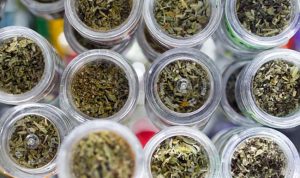

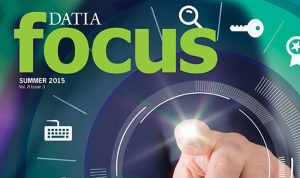
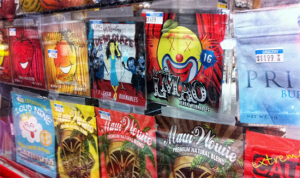
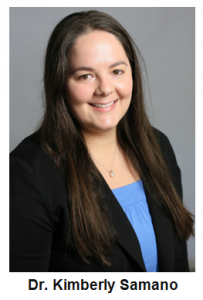

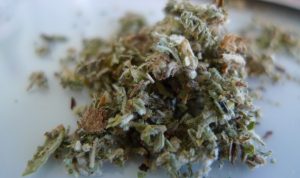

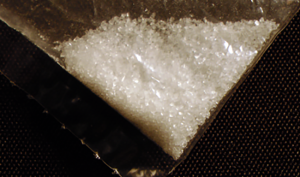
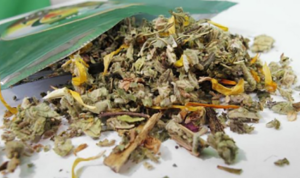
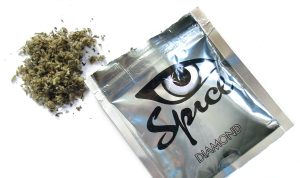
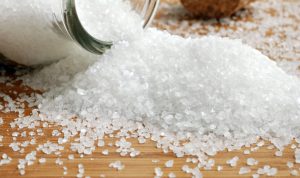
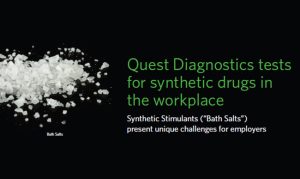




Our strict specimen collection process helps to ensure that the donor does not attempt to adulterate their specimen. I remember when I took my pre-employment screening and I noticed all the steps the collection site took in order to deter me from tampering with my specimen. With these meticulous processes in place, drug users had to find other ways to pass their drug screens.
Synthetic cannabinoids, commonly known as “synthetic marijuana,” “K2,” or “Spice,” are often sold in retail outlets as “herbal incense” or “potpourri” to mask their intended purpose and avoid U.S. Food and Drug Administration (FDA) regulatory oversight of the manufacturing process. These drugs are man-made chemicals that are applied to plant material and marketed as “legal” highs. Users claim that the effects of synthetic cannabinoids mimic Δ9‐tetrahydrocannabinol (THC), the primary psychoactive ingredient in marijuana.
The use of synthetic cannabinoids is alarmingly high, especially among young people. According to the National Institute on Drug Abuse, one in nine 12th graders in America reported using synthetic cannabinoids in the past year. This rate, unchanged from 2011, makes synthetic cannabinoids the second most frequently used illegal drug among high school seniors after marijuana. The ease of access and the misconception that synthetic cannabinoids are natural and therefore harmless have likely contributed to their popularity. However, the main selling point is that the chemicals used in synthetic cannabinoids change often and are not easily detectable in standard drug tests.
In our ongoing quest to help keep workplaces drug-free, we now offer a synthetic cannabinoids panel to test for commonly detected compounds. With this new panel, drug users will have a more difficult time using any illicit drug, synthetic or not, without it showing up on a drug test. Learn more about synthetic drugs and find out if this test panel is a fit for your organization.
For more information about drug testing, visit our website.
As a new employee at Quest Diagnostics, there’s hardly a day that goes by that I don’t learn something new about the world of drug testing. Like some of you, I have a lot to learn about the industry. During my first year of employment, I’m going to write this weekly column highlighting drug testing procedures, products and processes as I discover them. To learn more about my journey, you can read my introductory post.